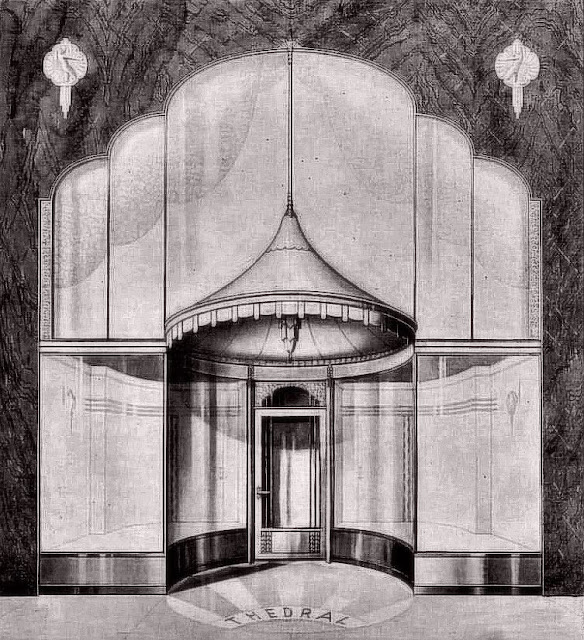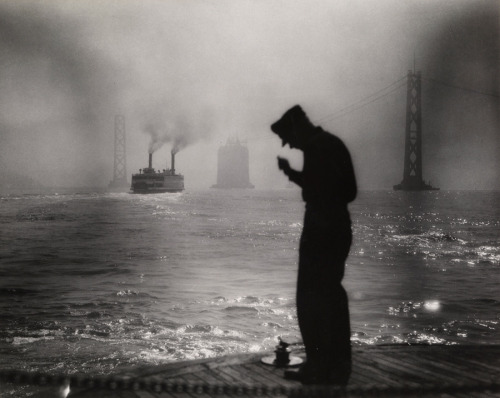Nâzım Hikmet Ran
Nâzım Hikmet Ran (January 15,
1902 – June 3, 1963) commonly known as Nâzım Hikmet was a Turkish poet,
playwright, novelist, screenwriter, director and memoirist. He was acclaimed
for the "lyrical flow of his statements".
Described as a "romantic communist"
and "romantic revolutionary", he was repeatedly arrested for his
political beliefs and spent much of his adult life in prison or in exile. His
poetry has been translated into more than fifty languages.
On Living
Nazim Hikmet
I
Living is no laughing matter:
you must live
with great seriousness
like
a squirrel, for example—
I mean without
looking for something beyond and above living,
I
mean living must be your whole occupation.
Living is no laughing matter:
you must take
it seriously,
so much so
and to such a degree
that, for example,
your hands tied behind your back,
your back to the wall,
or else in a
laboratory
in your white
coat and safety glasses,
you can die
for people—
even for people whose
faces you've never seen,
even though you know
living
is the most
real, the most beautiful thing.
I mean, you must take living so seriously
that even at seventy,
for example, you'll plant olive trees—
and not for your
children, either,
but because although
you fear death you don't believe it,
because living, I
mean, weighs heavier.
II
Let's say we're seriously ill, need surgery—
which is to say we might not get up
from the white table.
Even though it's impossible not to feel sad
about
going a little too soon,
we'll still laugh at the jokes being told,
we'll look out the window to see if it's raining,
or still wait anxiously
for
the latest newscast. . .
Let's say we're at the front—
for something
worth fighting for, say.
There, in the first offensive, on that very day,
we might fall
on our face, dead.
We'll know this with a curious anger,
but we'll still
worry ourselves to death
about the
outcome of the war, which could last years.
Let's say we're in prison
and close to fifty,
and we have eighteen more years, say,
before the iron doors will open.
We'll still live with the outside,
with its people and animals, struggle and wind—
I mean with the outside beyond
the walls.
I mean, however and wherever we are,
we must live as
if we will never die.
III
This earth will grow cold,
a star among stars
and one of the smallest,
a gilded mote on blue velvet—
I mean this, our great earth.
This earth will grow cold one day,
not like a block of ice
or a dead cloud even
but like an empty walnut it will roll along
in pitch-black space . . .
You must grieve for this right now
—you have to feel this sorrow now—
for the world must be loved this much
if you're going to say "I lived". . .
From Poems of Nazim Hikmet, translated by Randy Blasing and
Mutlu Konuk, published by Persea Books.
Yukio Mishima
Yukio Mishima, (January 14, 1925 – November 25, 1970), was a Japanese author, poet, playwright, actor, model, Shintoist, nationalist, and founder of the Tatenokai, an unarmed civilian militia.
Mishima
is considered one of the most important Japanese authors of the 20th century.
He was considered for the Nobel Prize in Literature in 1968, but the award went
to his countryman and benefactor Yasunari Kawabata.
His works include the novels Confessions of a
Mask and The Temple of the Golden Pavilion and the autobiographical essay "Sun and
Steel" Mishima's work is
characterized by "its luxurious vocabulary and decadent metaphors, its
fusion of traditional Japanese and modern Western literary styles, and its
obsessive assertions of the unity of beauty, eroticism and death".
Mishima's
political activities were controversial, and he remains a controversial figure
in modern Japan Ideologically, Mishima was a right-winger who extolled the
traditional culture and spirit of Japan. He opposed what he saw as western-style
materialism, along with Japan's postwar democracy, globalism, and communism,
worrying that by embracing these ideas the Japanese people would lose their
"national essence" and their distinctive cultural heritage (Shinto
and Yamato-damashii) to become a "rootless" people.
Mishima
formed the Tatenokai for the avowed purpose of restoring sacredness and dignity
to the Emperor of Japan. On November 25, 1970, Mishima and four members of his
militia entered a military base in central Tokyo, took its commandant hostage,
and tried to inspire the Japan Self-Defense Forces to rise up and overthrow
Japan's 1947 Constitution, which he called "a constitution of
defeat". When his attempt failed, he committed seppuku.
Mishima’s jisei, (A jisei or death poem)
The sheaths of swords rattle
As after years of endurance
Brave men set out
To tread upon the first frost of the year.
………………….
A small night storm blows
Saying ‘falling is the essence of a flower’
Charles Mingus and Eric Dolphy, Salle Wagram
Eric
Allan Dolphy Jr. (June 20, 1928 – June 29, 1964) was an American jazz alto
saxophonist, bass clarinetist and flautist. On a few occasions, he also played
the clarinet and piccolo. Dolphy was one of several multi-instrumentalists to
gain prominence around the time that he was active. His use of the bass
clarinet helped to establish the instrument within jazz. Dolphy extended the
vocabulary and boundaries of the alto saxophone and was among the earliest
significant jazz flute soloists.
His
improvisational style was characterized by the use of wide intervals, in
addition to employing an array of extended techniques to emulate the sounds of
human voices and animals. He used melodic lines that were "angular,
zigzagging from interval to interval, taking hairpin turns at unexpected
junctures, making dramatic leaps from the lower to the upper register." Although
Dolphy's work is sometimes classified as free jazz, his compositions and solos
were often rooted in conventional (if highly abstracted) tonal bebop harmony.


























































